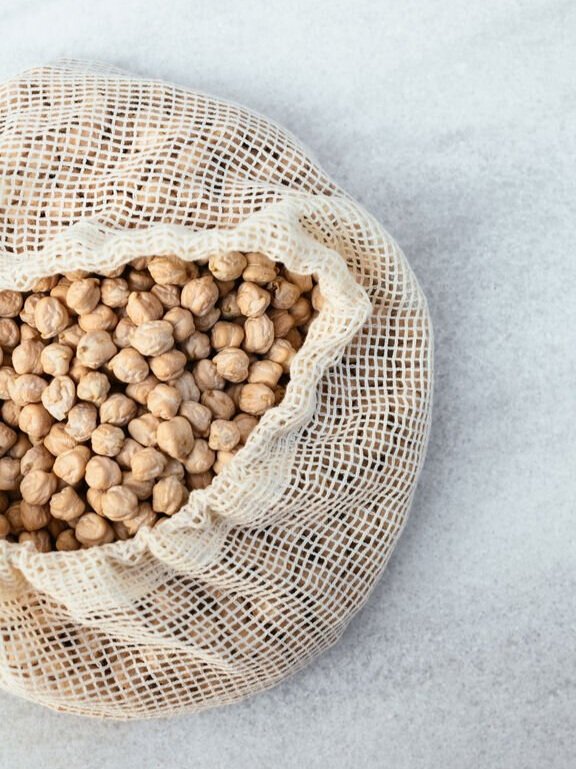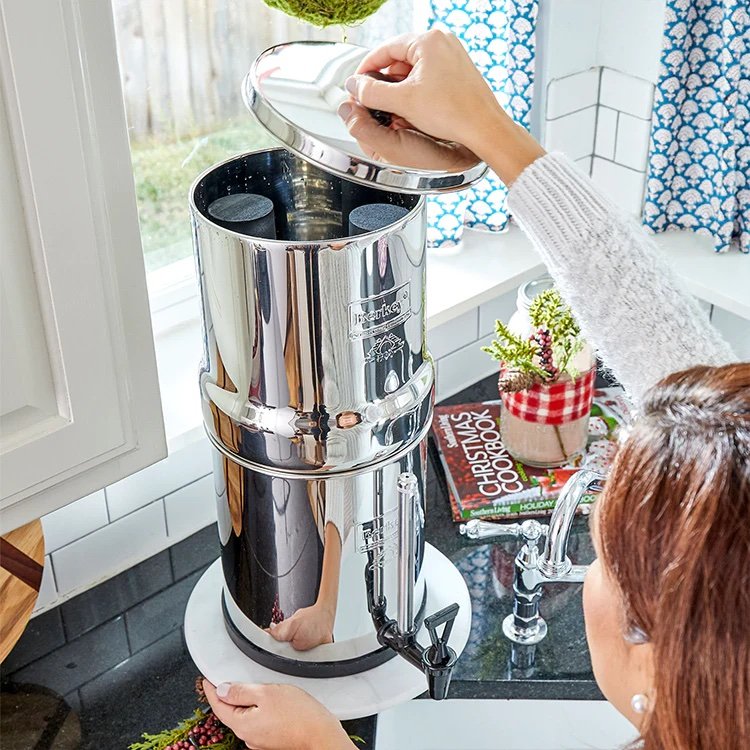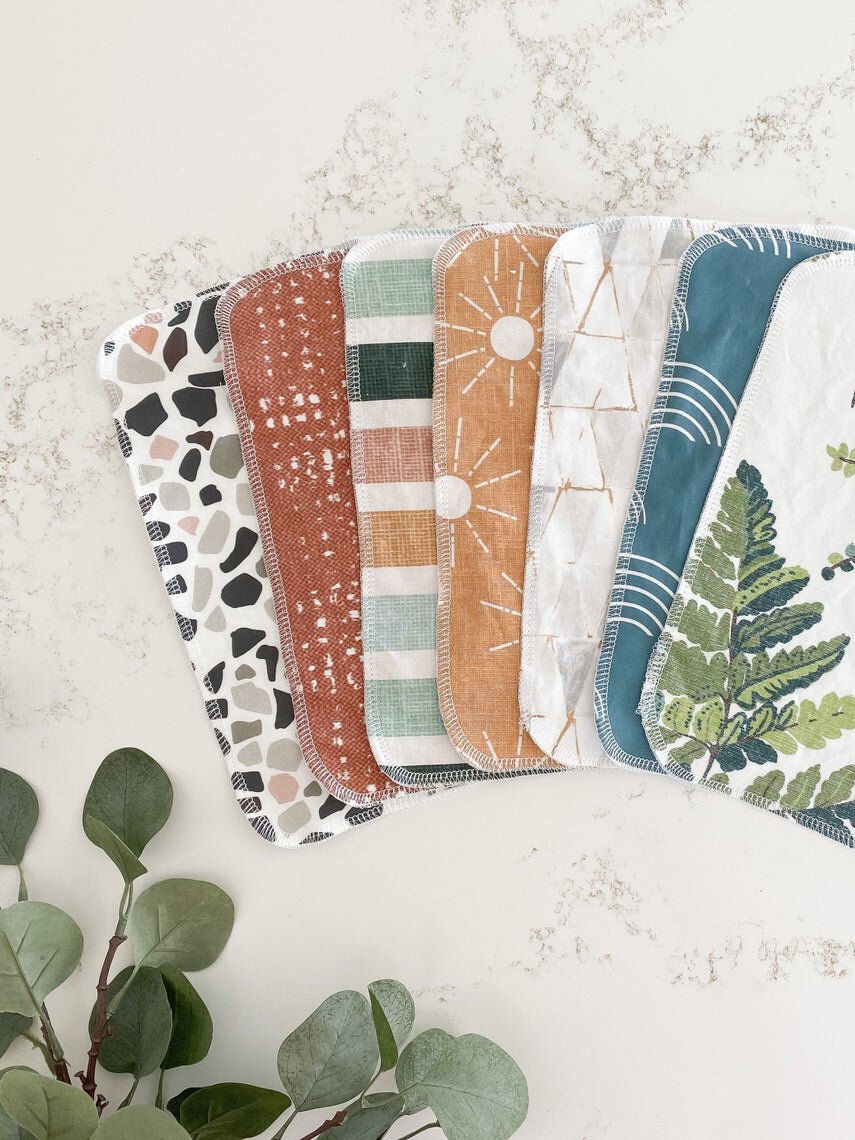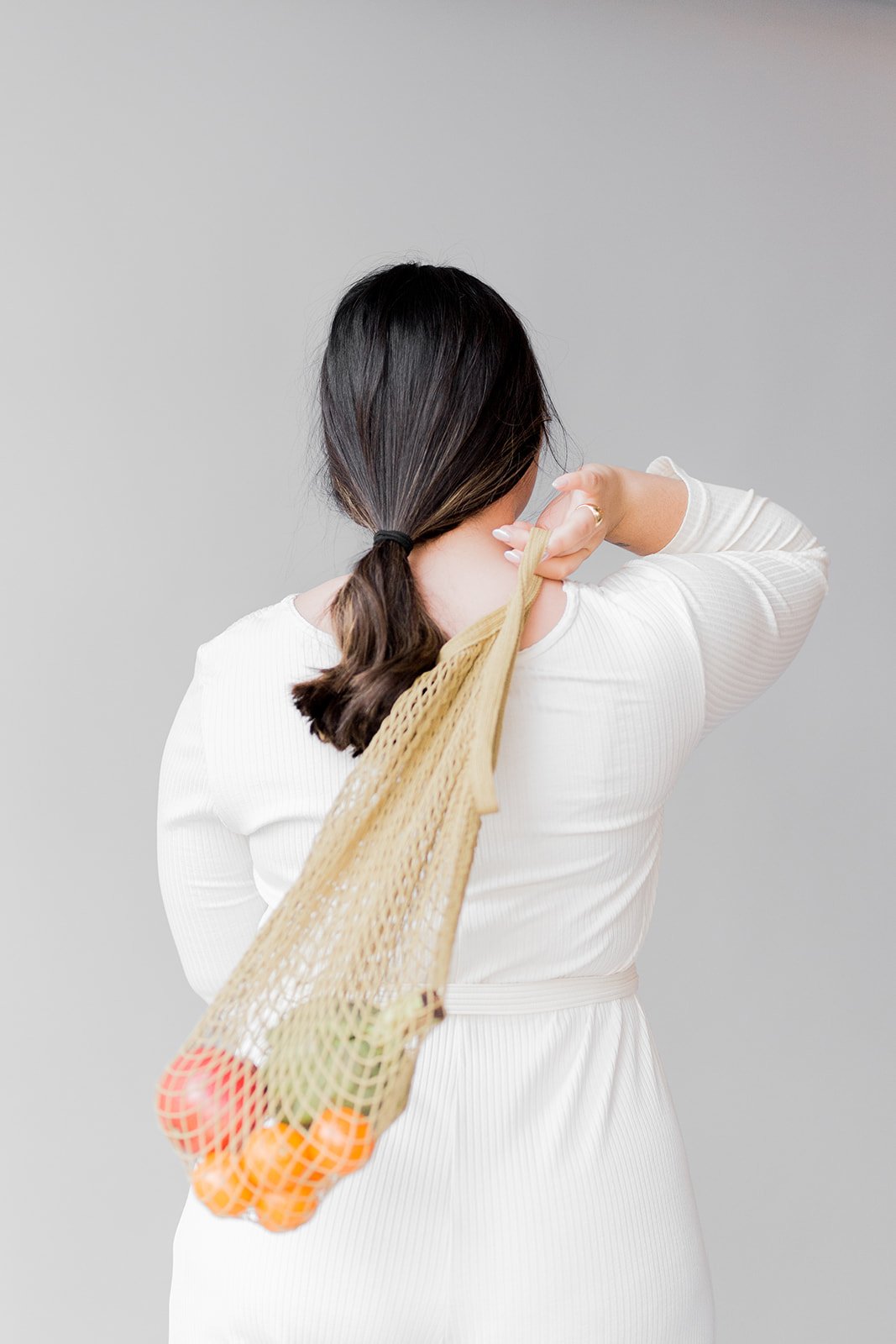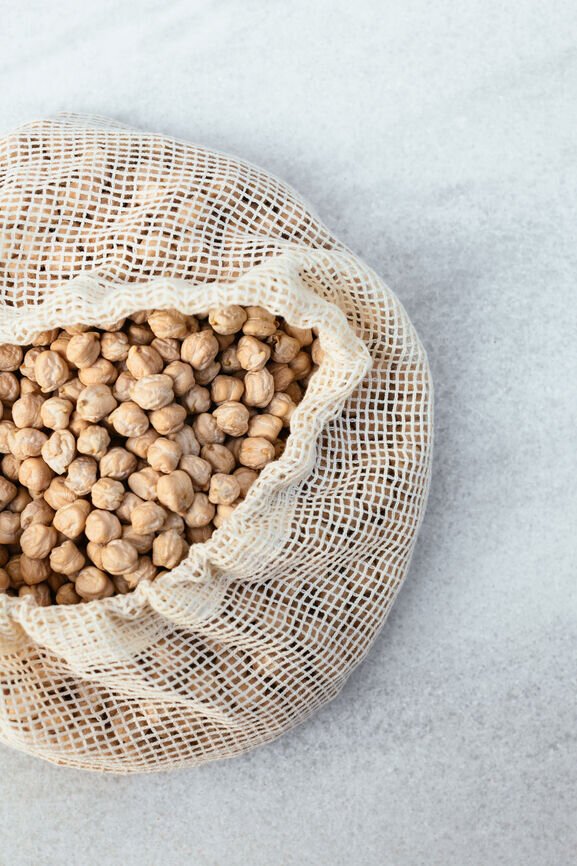
A Beginner’s Guide To Bulk Grocery Shopping
Package-Free & Plastic-Free
“While bulk-buying doesn’t inherently mean purchasing in a zero-waste fashion, practicing zero-waste living does require bulk shopping.”
Every week, we generate an obscene amount of waste just from food and home product packaging. Because of this, many people are buying in bulk and shopping with zero waste principles in mind. While bulk-buying doesn’t inherently mean purchasing in a zero-waste fashion, practicing zero-waste living does require bulk shopping. And, with the proper preparation, you can successfully avoid unnecessary packaging (and get a discount while you’re at it). Bulk shopping forces you to plan, stay organized, and be an intentional shopper, leaving you feeling quite accomplished. The process may seem daunting at first, though it can soon become a joyful and even therapeutic experience.
Where to Buy in Bulk
Depending on where you live, there may be a plethora of bulk stores nearby, or there may be very few. You can find these beacons of zero-waste hope with online locators from Zero Waste Home, Litterless, or Zero Waste Nerd. These sites are more comprehensive than a general internet search, and they can help you track down your nearest bulk store, as well as grocery stores with dedicated bulk sections (Whole Foods and Lassens, for example). Of course, an underutilized resource for bulk shopping is the farmer’s market. Most vendors encourage patrons to bring their own bags and will even fill your containers, just ask!
More Than Grains: All the Products You Can Buy in Bulk
“Because no one shop is the same, it’s best to take a “discovery trip” to your local bulk or grocery store to take stock before you launch into a shopping spree.”
Contrary to popular belief, bulk shopping isn’t only reserved for dry grains. When purchasing food in bulk at a grocery store, you’ll find various types of grains, nuts, legumes, flours, and snacks. It’s worth trying to buy cheeses, meats, and pastries in bulk, too. This requires presenting your container to the butcher or baker, but most zero-waste veterans promise that, when you ask with confidence, employees will happily fulfill your bulk wishes.
On the other end of the spectrum, if you shop at a bulk store, you’ll find a myriad of food items ready for your personal containers, like baking soda, tofu, and honey. Some bulk stores also specialize in home and body products, such as laundry detergent, liquid hand soap, lotion, and all-purpose cleaner. Because no one shop is the same, it’s best to take a “discovery trip” to take stock before you launch into a shopping spree. This will limit impulse buying, as well as help you in carrying-out efficient errands later on.
Buying Bulk 101: It’s All About the Weight
First and foremost, purchasing in bulk means purchasing by weight, not by unit. Instead of seeing a price for a can of black beans, for example, you’ll see a price for black beans per pound. Therefore, it’s important to know the weight of each container you’re using (called tare). The tare is the weight of your empty bag or jar, and it’s vital you know this number prior to filling up so that you can have the initial weight deducted from your end total. Some bulk bags or mason jars will have the weight labeled on them. If not, it’s as easy as stopping by the customer service counter or weighing station before you begin your shopping. Don’t forget this number, and write it on the actual container as soon as possible to avoid this process in the future!
How to Store Your Bulk Goodies: Containers, Bulk Bags, and More
What reusable vessel you use is entirely up to you, with one exception: the weight. While specialty bulk stores are fairly flexible on the heaviness of your containers, some grocery stores won’t let you deduct the tare if it’s too high. Choosing lightweight containers is helpful when checking out and when carrying your purchases home.
“What reusable vessel you use is entirely up to you, with one exception: the weight.”
For most food items, it’s best to have a variety of bulk bags in different sizes. For products like lotion and detergent, bring the container you’ll use to store the product at home. Many stores sell containers as well, and some shops even have a container return program for prepared food items—like mason jars of soup or salad fixings. Bulk containers can also be purchased online; check out Life Without Plastic, Package Free Shop, or even Etsy. If you’re really looking to attempt zero waste shopping, reusing containers (e.g. peanut butter jars) or making upcycled bulk bags is the way to go!
Filling Up & Bringing Your Bulk Goodies Home
Depending on your budget, you’ll want to keep track of how much you’re putting in each container. Luckily, all bulk locations (sections and stores) you visit will have a scale nearby for you to check the weight/price. It may take a few tries to find the sweet spot between a particular item’s quantity and price—experimenting is part of the bulk-buying process! Different stores have different systems, but you will want to arrive at the checkout counter with either the name of the item, PLU (product look up), or bin number. If you’re confused, don’t be afraid to ask an employee for help.
“It may take a few tries to find the sweet spot between a particular item’s quantity and price—experimenting is part of the bulk-buying process!”
Once you’re finally ready to check out, you’ll present your containers, the tare of each one, and code for every item. The only difference between shopping at a grocery store versus a bulk store is that you may have to volunteer the tare of your container at a grocery store, whereas a bulk store will ask you upfront. It may seem overwhelming at first, but you’ll quickly get the hang of it.
After successfully transporting your new bulk goodies from the store to your home, it’s time to get them well acquainted with your kitchen. While this process is entirely up to you, I recommend labeling the items which aren’t immediately obvious to the eye. This clears up confusion later and saves you time when cooking or baking.
And voila! You’re a bulk shopper now. Want more zero-waste grocery shopping tips? Check out our guide here.
Audrey Stanton was born and raised in the Bay Area and is currently based in Los Angeles. She works as a freelance writer and content creator with a focus in sustainable fashion. Audrey is deeply passionate about conscious living and hopes to continue to spread awareness of ethical consumption.
